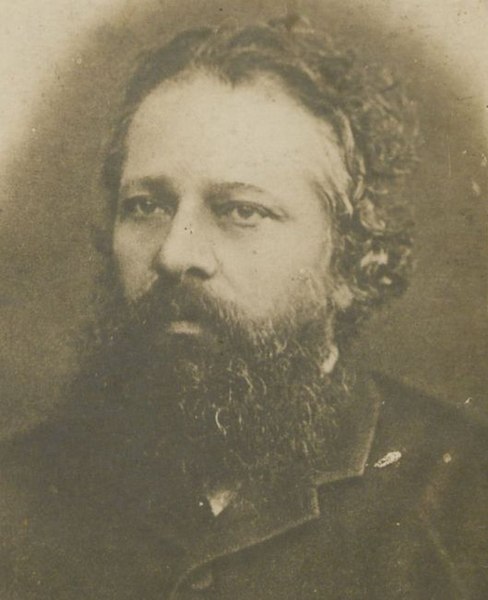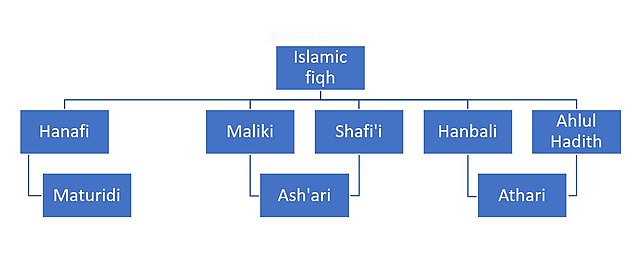Islamic modernism is a movement that has been described as "the first Muslim ideological response to the Western cultural challenge," attempting to reconcile the Islamic faith with modern values such as democracy, civil rights, rationality, equality, and progress. It featured a "critical reexamination of the classical conceptions and methods of jurisprudence", and a new approach to Islamic theology and Quranic exegesis (Tafsir). A contemporary definition describes it as an "effort to re-read Islam's fundamental sources—the Qur'an and the Sunna, —by placing them in their historical context, and then reinterpreting them, non-literally, in the light of the modern context."
Islamic Modernism and Fundamentalism Genealogy
Ottoman intellectual and activist Namık Kemal (d. 1888)
Indian educationist and philosopher Syed Ahmad Khan (1817–1898)
Egyptian Islamic jurist and scholar Mahmud Shaltut
Islamic schools and branches
Islamic schools and branches have different understandings of Islam. There are many different sects or denominations, schools of Islamic jurisprudence, and schools of Islamic theology, or ʿaqīdah (creed). Within Islamic groups themselves there may be differences, such as different orders (tariqa) within Sufism, and within Sunnī Islam different schools of theology and jurisprudence. Groups in Islam may be numerous, or relatively small in size.
Sunnī schools of thought





